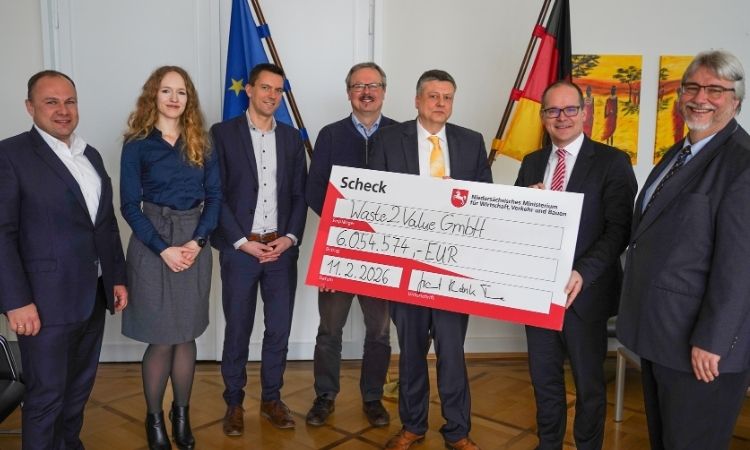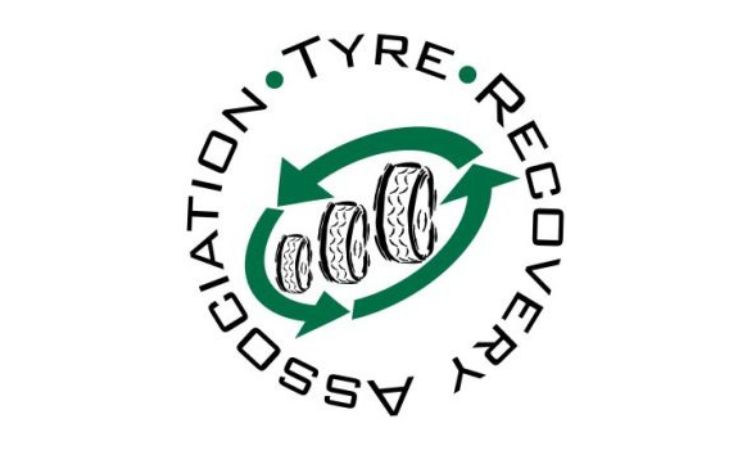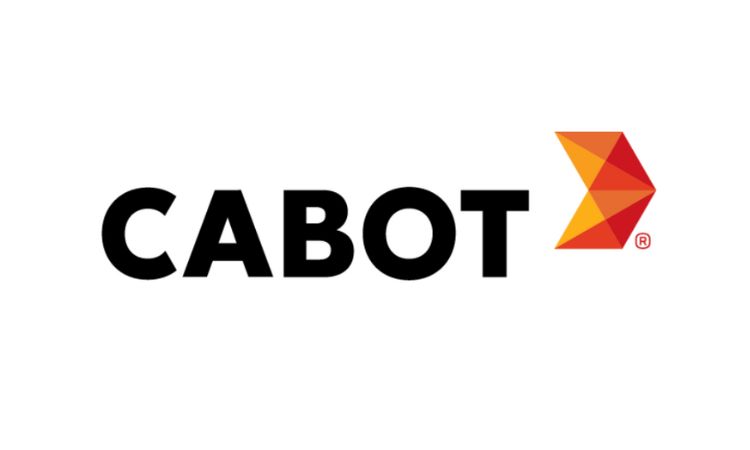Continental again leads in the International Sustainability Ranking
Continental has obtained the highest rating as a global leader in the implementation of sustainability measures and strategies from the international Carbon Disclosure Project (CDP) for the fourth year in a row ("Supplier Engagement Rating") for its work in 2021.
The evaluation is based on information on corporate governance, Scope 3 emissions, and supply chain management as a whole that was given by the relevant companies. In order to minimize environmental risks and emissions, CDP pays particular attention to strategies and procedures that help make those risks and emissions observable throughout the value chains.
This acknowledged Continental's all-encompassing strategy of closely collaborating with its suppliers to achieve complete improvements spanning as many supply chain stages as feasible.
“We study the entire value chain of our products, from material sourcing to recycling. Only in this way can we achieve truly sustainable supply chains that conserve resources while supporting important climate protection goals. Continental’s goal is to achieve fully sustainable supply chains by 2050 at the latest,” said Claus Petschick, Director of Sustainability at Continental Tires.
“We are involved in many projects and initiatives to integrate suppliers into our supply chains. Innovative technologies and digitisation are the main tools we use to make environmental risks transparent and reduce them within our complex supply chain.”
The initiatives of the Tyres business area demonstrate a comprehensive view of sustainability.
Continental has outlined specific responsibilities and obligations for all parties engaged in its sourcing policy in order to minimize environmental hazards and emissions in the sourcing of natural rubber.
Additionally, Continental works with other partners to assess its suppliers based on confirmed self-reports. For instance, Continental has been collaborating with EcoVadis, the top provider of sustainability ratings for international businesses and supply chains, since 2017.
The business has been promoting in other projects, like the partnership with the German development organization Gesellschaft für Internationale Zusammenarbeit (GIZ). since 2018. a digital system for the tracking of natural rubber from the Indonesian Borneo region of West Kalimantan.
Smallholders can enhance quantity, quality, and yields while enhancing yields by streamlining the supply chain and offering training on the sustainable production of natural rubber. This will boost their income. A sustainable farming approach also stays away from logging and deforestation, protecting priceless resources.
The number of smallholders incorporated into the main project is anticipated to rise from 450 to roughly 4,000 by 2024 as a result of the pilot project's success.
One of Continental's major concerns has long been the use of sustainable raw materials and the dedication to their manufacturing and processing in the manufacture of tires. In this approach, Continental and its partners are conducting at-depth research in Anklam, Germany, on the industrialization of dandelion use for natural rubber extraction.
To cut CO2 emissions from lengthy transportation routes and protect precious resources, it is the company's long-term objective to be able to grow some of the required natural rubber nearby its own tire factory.
The usage of silicate made from the ashes of rice husks, an agricultural waste product, and regenerated polyester from recycled plastic bottles are further examples of sustainable raw materials used by Continental in the creation of its tires.
The proportion of materials already in existence based on crude oil is decreased by plant-based oils and resins.
By 2050 at the latest, Continental hopes to have used only sustainably generated materials in its tyre products.
For more than 10 years, Continental has contributed to annual reporting and the sharing of climate protection data for the CDP evaluation. In addition to receiving the highest score for supply chains, the corporation also obtained a "B" grade for its efforts to reduce climate change. within the heading of sustainable water management. Stock and information for Continental also received a "B."
Press release by Continental.
Weibold is an international consulting company specializing exclusively in end-of-life tire recycling and pyrolysis. Since 1999, we have helped companies grow and build profitable businesses.









